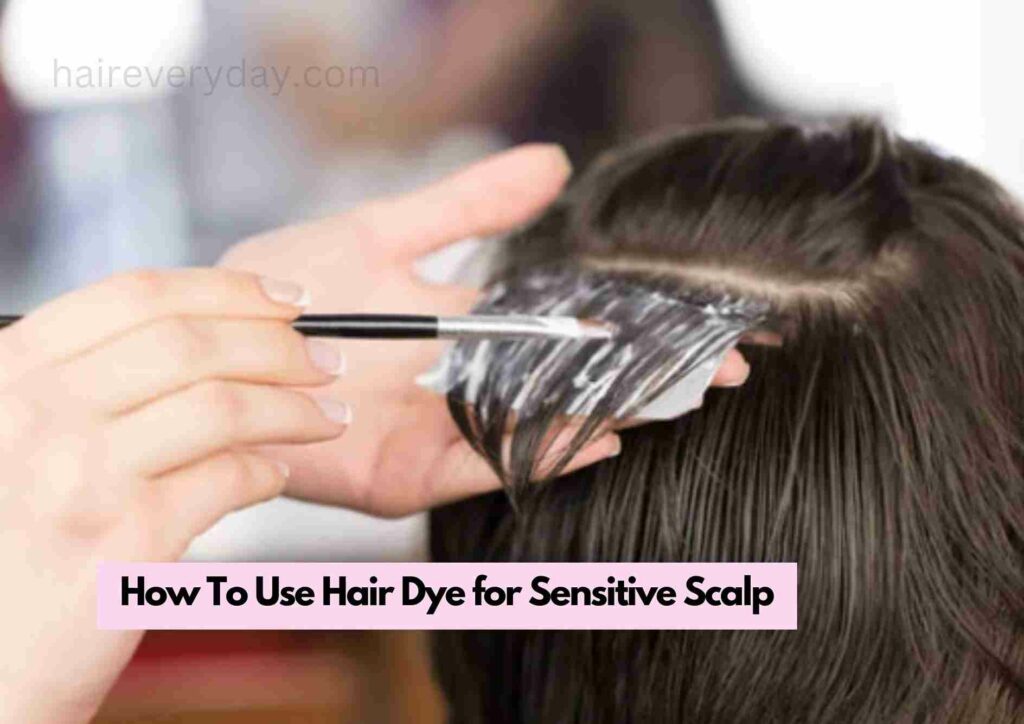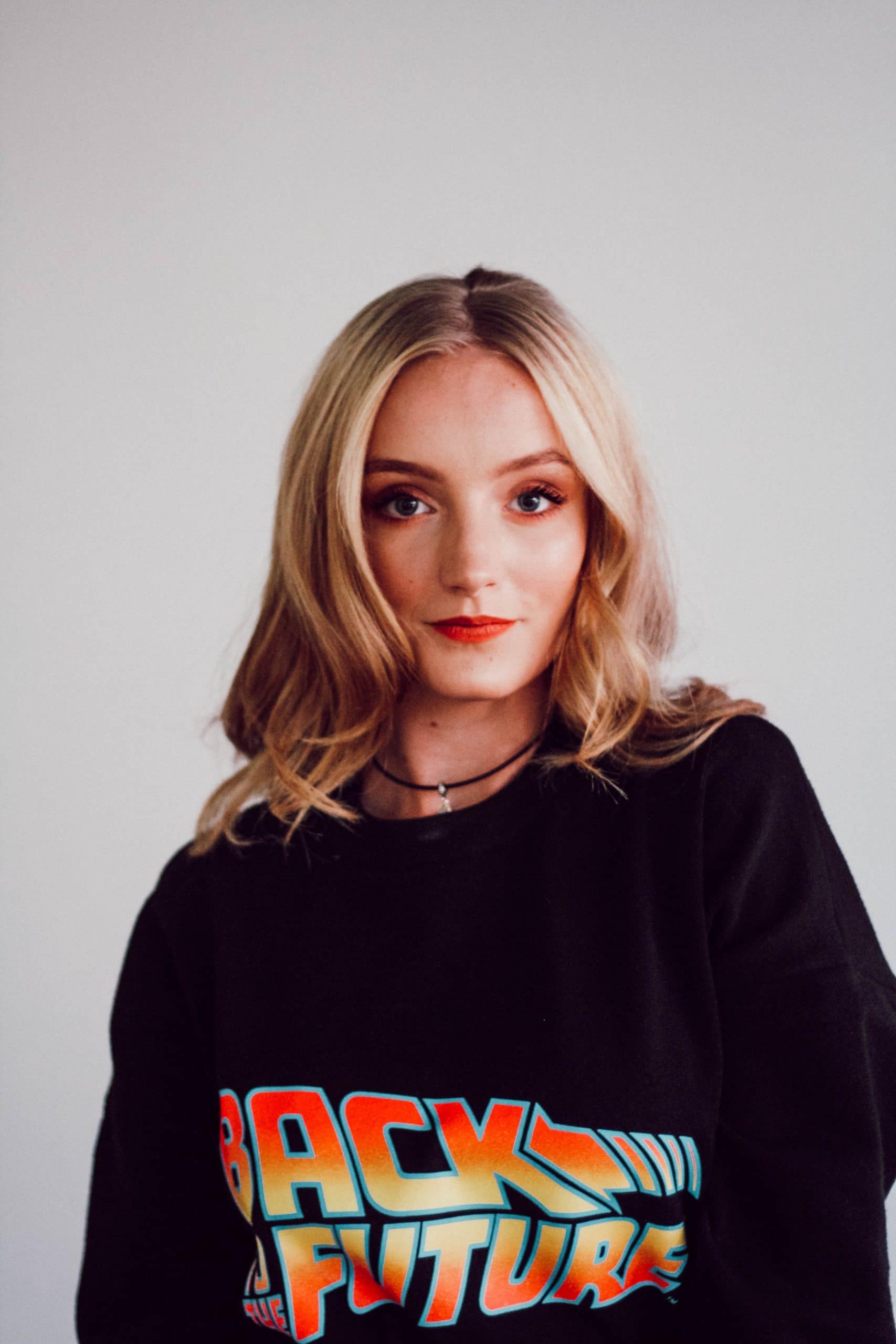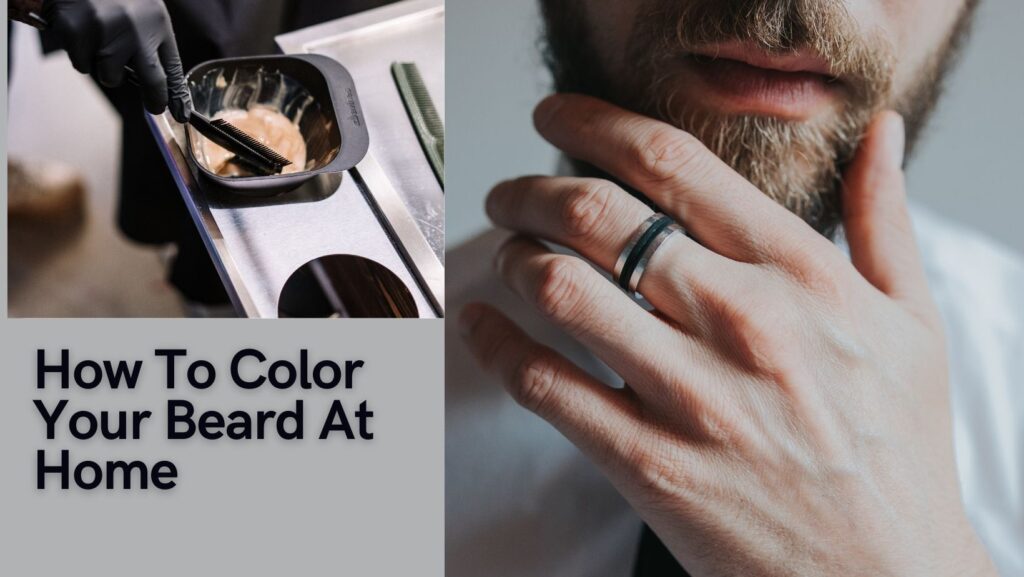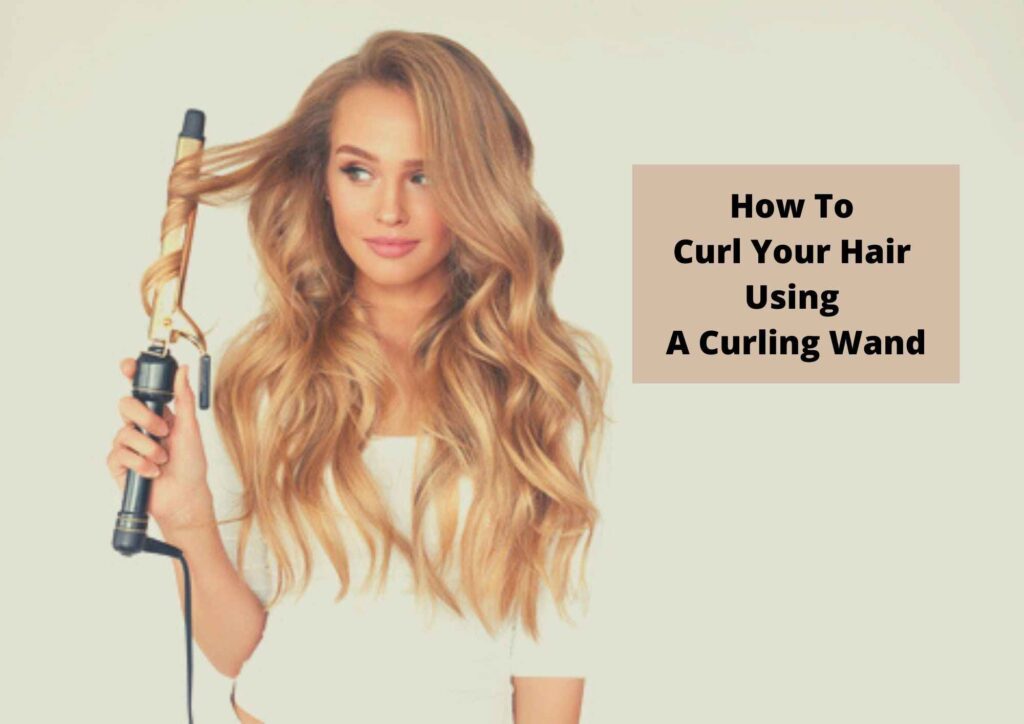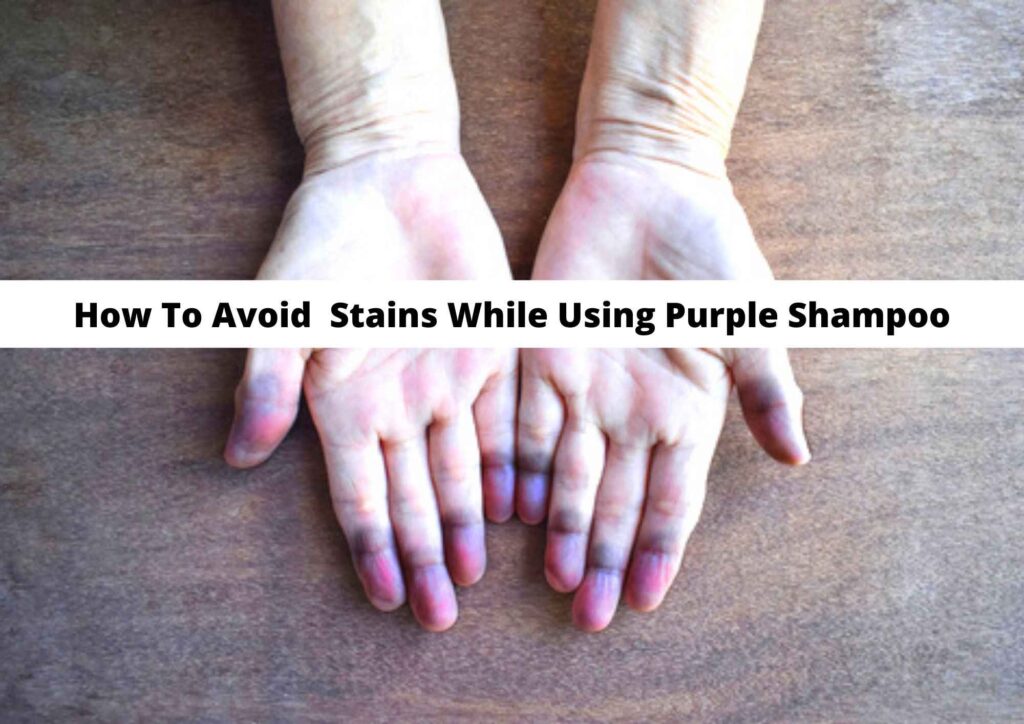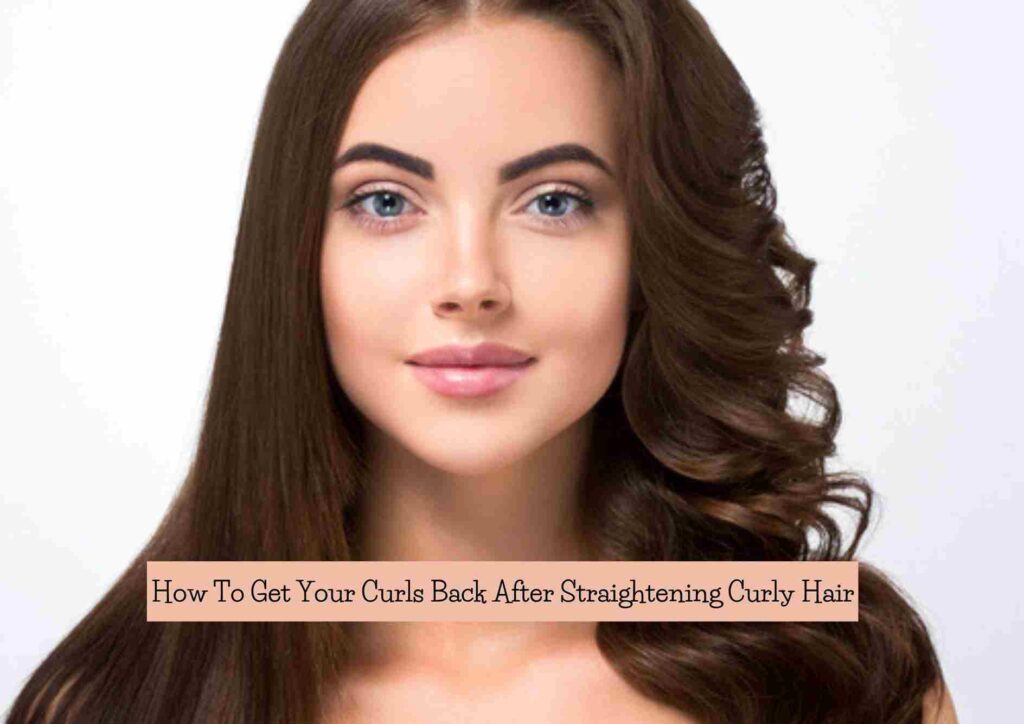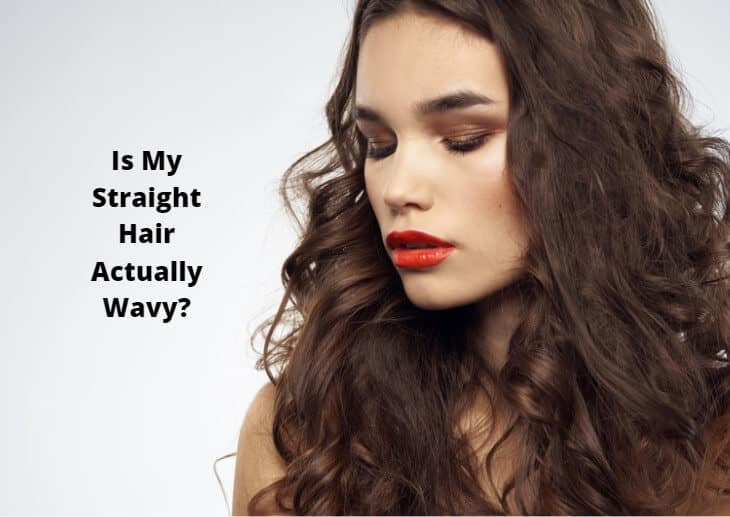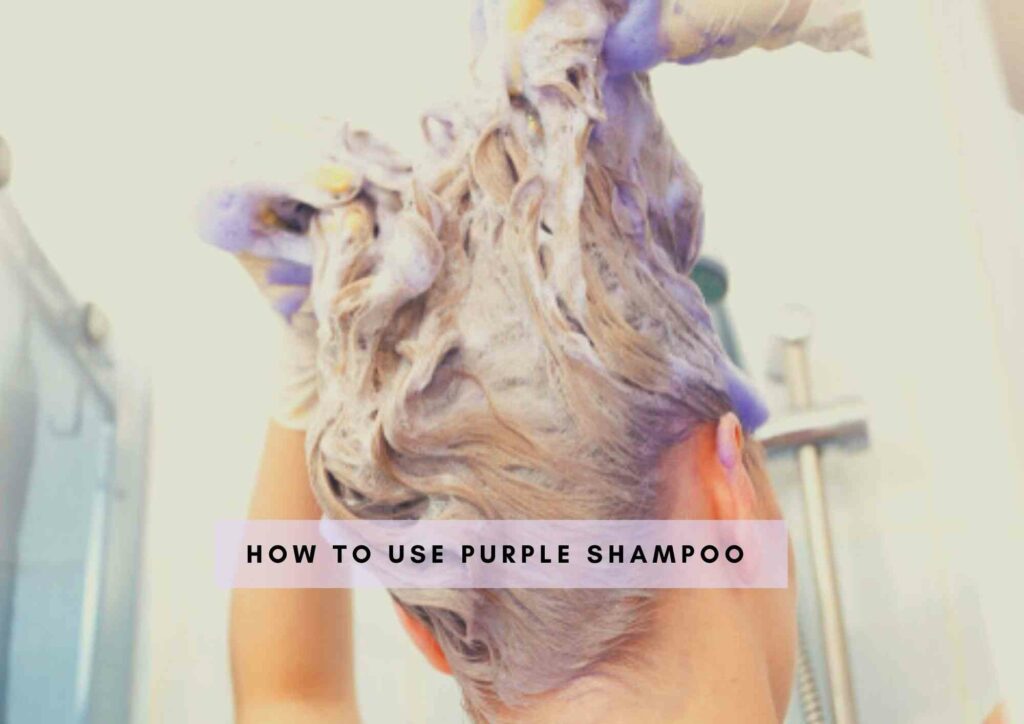Here’s how to use hair dye for sensitive scalp effectively with hypoallergenic products, and expert tips to achieve hair color without irritation.
In my time as a hairstylist I have seen a lot of people suffer from sensitive scalp issues like tingling, scab formation, allergies, burning, pain etc., that can cause a considerable amount of discomfort to the person.
But, does this mean that a person with sensitive scalp issues cannot ever dye their hair? No of course not!
Here are a few tips for coloring hair on a sensitive scalp:
- 1. Check for allergies before dyeing hair (Patch Test)
- 2. Use a scalp protector
- 3. Use hypoallergenic hair dyes
- 4. Make sure to use oil before dyeing
- 5. Wash off the dye with a gentle shampoo
- 6. Avoid using heat-styling tools on newly dyed hair
In This Article:
- How to Use Hair Dye for Sensitive Scalp
- What Hair Colors Can I Use If I Have A Sensitive Scalp
- Why You Should Trust Haireveryday?
- Summary
How to Use Hair Dye for Sensitive Scalp
If you are someone who has a sensitive scalp, then there are a few things you will need to consider before coloring your hair and of course. This study published in the Frontiers in medicine vol. 7 596544 defines sensitivity on scalp as “irritability, tingling, burning and warmth, tightness, itching, pain, general discomfort and flushes” if you experience any of this after or while dyeing, follow the tips below.
1. Check for allergies by doing a patch test
Once you’ve chosen the right shampoo for your sensitive scalp (Read below: What are the best hair dyes for sensitive scalps), then you must use that hair dye to check for allergic reactions.
The best way to check for allergies is by testing the dye on the inner side of the elbow, since the skin there is known to be sensitive. Then, leave the dye on for the whole development time and then rinse off. If there is no reaction, then the dye is safe to use on the head.
Another method you could use is patch testing the dye on a small portion at the back of your head before complete application, in order to test for allergies.
Related: Will Using Hair Dye Damage Hair Follicles
2. Use a scalp protector
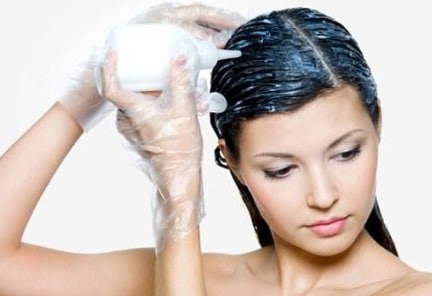
Using a scalp protector before applying the dye on the hair is very essential for those with sensitive scalps. Scalp protectors act as a barrier between the scalp and the dye and can help reduce or even completely avoid any chances of dye-related irritation.
Scalp protectors come in different forms like oil-based serums, hair creams, hair primers etc. You will have to apply the scalp protector on all visible areas of your scalp, including your hairline, before you dye your hair.
3. Use hypoallergenic hair dyes
Hypoallergenic hair dyes are those that are specifically designed for people who are prone to scalp allergies and those who have sensitive scalps.
These hair dyes are mostly made from natural ingredients or are free from harsh chemicals and other reactive ingredients that are likely to cause an allergy.
It is essential to remember that there is no single hair dye that contains absolutely no allergens, because each person could be allergic to substances. That’s why knowing your allergens and always patch-testing before use is recommended.

4. Make sure to use oil before dyeing
Once the hair is dyed, the scalp can become very dry and can give rise to dry scalp issues. Therefore, you can simply apply a little oil on your hair and gently massage it in, before you begin with the dyeing procedure.
This oil treatment can help nourish your scalp and fortify it against dye-related scalp damage. It can also keep the scalp skin moisturized and reduce scalp dryness due to dyeing.
Choosing to use oils like coconut oil, argan oil, jojoba oil etc., are great moisturizing options.
5. Wash off the dye with a gentle shampoo
It is important to note that it is not always the hair dye which causes scalp sensitivity, but it also be the shampoo or conditioner you’re using after the hair dyeing process, that reacts and causes you scalp sensitivity.
Therefore, use shampoos and conditioners that are gentle in nature and do not contain harsh chemicals like sulfates, parabens, etc.
Also, choose shampoos that are fragrance-free, because sometimes, fragrances too can be a cause for scalp flare-ups.
6. Avoid using heat-styling tools on newly dyed hair
After your hair has been dyed, it is very vulnerable and could be sensitive to heat. If heat is applied on the scalp using heat styling tools (including blow dryers), it could cause irritation to the scalp (which is already irritated to a certain extent because of the dyeing).
Therefore, if you have just dyed your hair and by just, I mean at least two to three weeks after, you should make it a point to stay away from heat on your scalp to avoid any irritation.
What Hair Colors Can I Use If I Have A Sensitive Scalp
Well, for people with sensitive scalps, there are quite a reasonable number of dye options out there from using henna, to using ammonia-free hair dyes and even using hypoallergenic hair dyes specifically made for sensitive scalps.
Thus, for those with sensitive scalps, make sure to always check the product labels of hair dyes before purchasing one.
Some of the best hair dyes for sensitive scalps are:
Henna:
Henna is a fully natural hair dye which contains absolutely no chemicals at all. This means that it is safe to use on sensitive scalps as it is completely free from ammonia, hydrogen peroxide, resorcinol, PPD, etc.
It is also rich in natural nutrients like vitamin E, that can help soothe the scalp, while it also contains antifungal and antimicrobial properties that can help protect the scalp from scalp conditions.
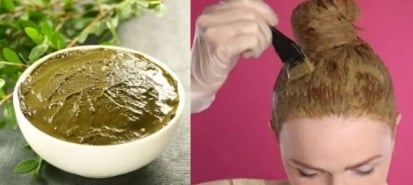
Henna is also a hair dye that can be used once every two weeks, unlike other dyes and this is because it’s completely natural.
It can give the user color shades like orange, orangish-red, brown, black (if mixed with natural indigo powder) etc.
But, it is important to note that while it is safe to use on sensitive scalps, individuals can still have an allergic reaction to the dye (a plant-related allergy) and therefore patch testing is recommended before use.
Chemical-free hair dyes:
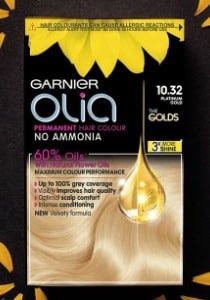
There are certain chemicals in hair dyes that are harsh and could be a possible cause for an allergic reaction on a sensitive scalp.
Some of them, according to the United States Food and Drug Administration are – PPD (paraphenylenediamine), resorcinol, sulfates, ammonia, DMDM (dimethylol-dimethyl) hydantoin, hydrogen peroxide, propylene glycol, EDTA (ethylenediamine tetraacetic acid), parabens.
Make sure to look at the product ingredient list to see if your dye contains any of these ingredients before buying the product.
Hypoallergenic hair dyes:
Hypoallergenic hair dyes are those that are made with most natural ingredients in the dye formula, with potential/common allergens removed.
But nevertheless, that being said, whether you are using a hypoallergenic hair dye or not, there still could be a possibility that a sensitive scalp could develop an allergy.
Therefore, patch testing any hair dye before using it on your sensitive scalp is always recommended.
Why You Should Trust Haireveryday?
The author of this article, Amy Angelos is a certified hairstylist and hair care expert while the reviewer Leah Marie Priest has a degree in Cosmetology with years of experience in dealing with hair care, scalp care, and hairstyling. As someone who extensively deals with all kinds of hair textures, products, styling methods and more, hair Leah Marie knows what kind of products and procedures suit each hair type and person. We have also tested these hair products and processes ourselves to provide you an unbiased review about every product. Each of our articles are also reviewed by a team of medical professionals so that you get the most accurate and expert-reviewed information.
Summary
If you are someone with a sensitive scalp and have always been apprehensive or dyeing your hair because of your irritation, well, worry no more as there are ample solutions for dyeing hair even with sensitive scalps.
You must also make sure to always look at the product label/ingredient list before purchasing a hair dye to check for harsh chemicals.
Also, you could choose natural hair dyes like henna and indigo or also go in for hypoallergenic hair dyes which are specifically designed for sensitive scalps.
Lastly, it is essential to remember that no matter what type of dye you are using (because there is no single dye free from allergens, as each person’s skin types react differently to different substances), a patch test is always recommended to avoid any risk of unwanted scalp irritation.
Also Read:
How Do Hair Dye Color Numbers Work
Which Hair Dye Is Halal In The USA
What Is The Best Natural Hair Dye For Grey Hair
To Summarize

